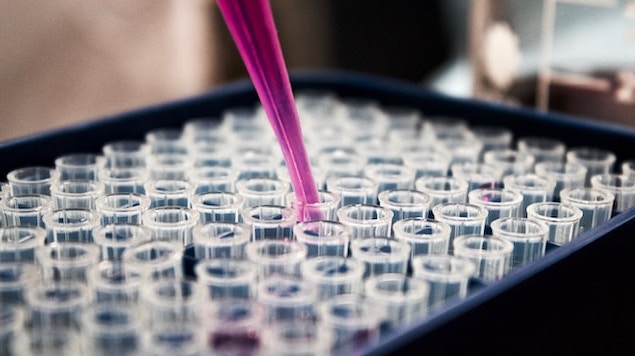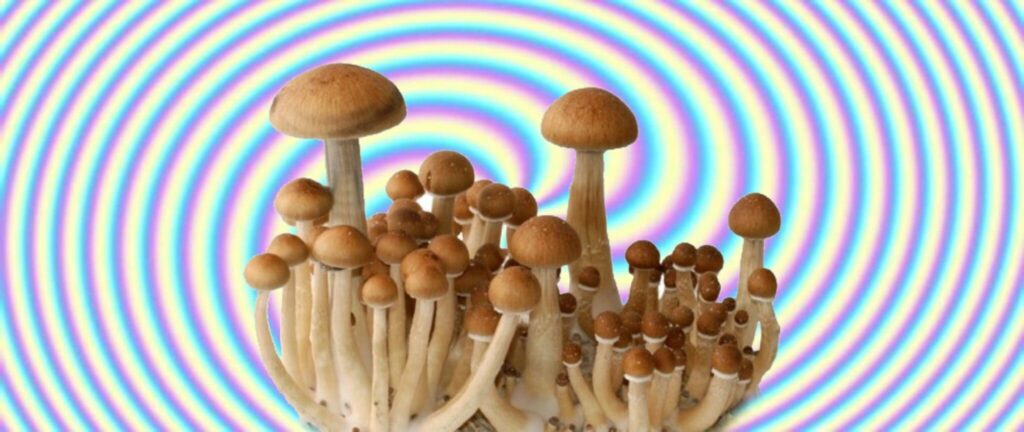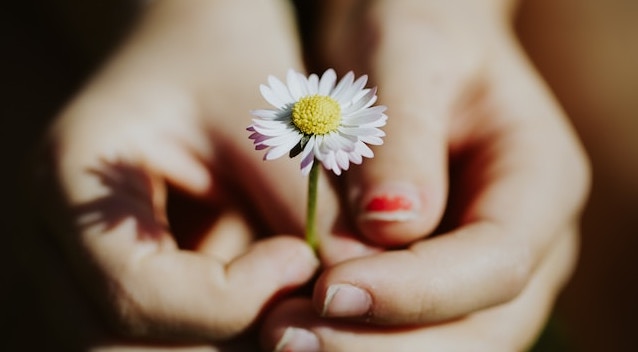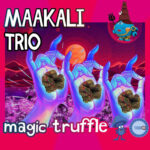Another week, another psilocybin study with both promising exciting and promising results. This time, just a single 25mg dose of psilocybin was found to reduce cancer-related depression, when paired with therapy and psychological support. The study found that 57% of patients had sustained remission of depression, with 64% still having a robust clinical response 18 months later.
A New Hope For Cancer Researchers
This is excellent news for researchers looking into new treatments for the debilitating depression that many cancer patients experience. Positive long-term follow-up data was recently released from Sunstone Therapies‘ investigator-initiated Phase 2 study.
Sunstone completed the phase 2 study in 2021, and its results were published in the journal JAMA Oncology this year. The study included 30 patients with various cancers, some incurable, some curable. They were given a fixed dose of 25mg of COMPASS Pathways COMP360 synthetic psilocybin. The patients were all administered the drug during private sessions with a therapist. They also had an additional preparation session as a group and two group integration sessions, as well as individual therapy.
The results of this trial were evaluated 8 weeks after the psilocybin dose, with promising indications that the patients were experiencing reduced depression and anxiety.

‘Complete Remission’ of Depression
Out of the 30 patients who took part in the study, 28 totally completed the 18 month assessment. From the 28, 18 of them (or 64%) retained a positive response throughout the whole 18 month period. 16 patients (or 57%) achieved complete remission of their depression.
In patients suffering from cancer and major depressive disorder, one dose of psilocybin, when coupled with psychological support showed generally strong beneficial effects, or even total remission from depression based on the MADRS scale. The MADRS scale is the Montgomery–Åsberg Depression Rating Scale, a questionnaire that psychiatrists use to measure the severity of depression in those with mood disorders. It was designed to be more sensitive to the changes that caused by antidepressants and other forms of treatment that previous diagnostic scales were less attuned for. This is why it is useful in measuring the effects of psilocybin on patients.
The questionnaire contains questions on 10 different symptoms:
- Apparent sadness
- Reported sadness
- Inner tension
- Reduced sleep
- Reduced appetite
- Concentration difficulties
- Lassitude
- Inability to feel
- Pessimistic thoughts
- Suicidal thoughts
Each item yields a scoring between 0 and 6. Therefore, the total score can range from 0-60. The higher the score, the more severe the depression. The generally agreed cutoff points are:
- 0 to 6: normal / no symptoms
- 7 to 19: mild depression
- 20 to 34: moderate depression
- 35 to 60: severe depression.
Psilocybin Therapy Has Long Lasting Effects
While a Phase 3 study will still need to occur in the future, this study is already revealing that psilocybin therapy may have long-lasting effects. Research into the use of psilocybin for treatment resistant depression, major depressive disorder, and other mental health complaints is a quickly growing area of interest. This study marks a potentially major breakthrough in the therapeutic psychedelics field. It also strengthens and supports the growing well of evidence that will hopefully push through the decriminalization of psychedelics globally.

The True Promise of a Psychedelic Future
Other trials and studies have also shown the life-changing potential that psilocybin therapy has for easing, and in some cases completely alleviating, the quite understandable depression suffered by cancer patients. Dr Roland Griffiths, the scientist who helped to prove that psychedelics, specifically psilocybin, could treat the mental anguish suffered by those with terminal illnesses had this to say to NPR:
(On the first psychedelic trial he ran at Johns Hopkins)
“I remember feeling very cautious about what an experience of this sort would do to someone who’s facing the most significant existential threat that they can.
As it turns out, the effects were nothing short of astonishing. This cohort of people, who met criteria for clinical depression or anxiety, after a single dose of psilocybin under our supported conditions, the anxiety and depression dropped markedly – immediately – and markedly and enduringly. That was the most important feature: We followed people up for six months and they remained with very low symptom profiles.”

The evidence is, at this point, irrefutable. As Griffiths puts it, it is ‘astonishing’. You can tell a lot about a civilization based on how they treat their sick and aging populations. Hopefully, these promising findings will soon be put to use caring for, and improving the lives of, those in need.





